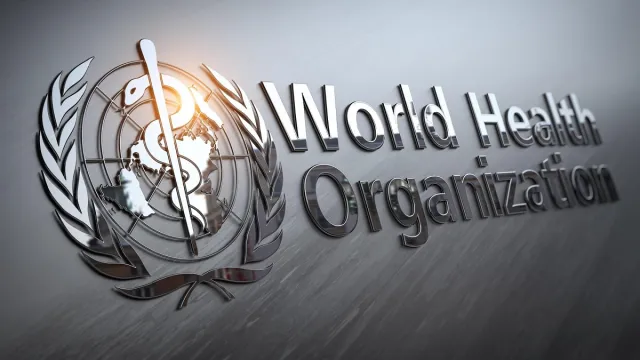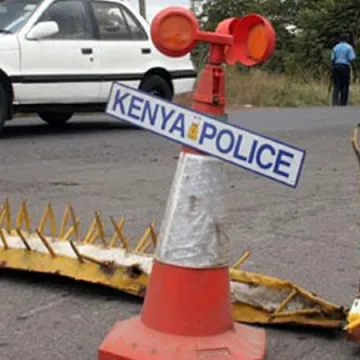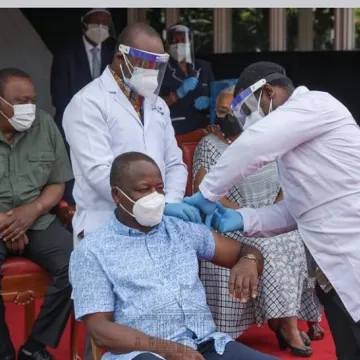WHO approves vaccine to protect infants from deadly respiratory virus

WHO has approved the use of two new maternal vaccine targeting infants to protect them from respiratory syncytial virus (RSV)
The World Health Organisation (WHO) has approved the use of two new maternal vaccine targeting infants to protect them from respiratory syncytial virus (RSV), a leading cause of severe illness and death in young children globally.
This new intervention, which begins to protect them within a week of administration, lasts for at least five months, the UN health agency said.
In a statement, the WHO recommended that the maternal vaccine be administered to pregnant women in their third trimester, thereby offering newborns passive immunity at birth.
RSV is responsible for approximately 100,000 deaths each year among children under the age of five, with 97 percent of these deaths occurring in low- and middle-income countries.
Half of all RSV-related deaths affect babies younger than six months, highlighting the urgent need for effective preventive measures.
“RSV can affect people of all ages, but it is especially harmful to infants, particularly those born prematurely,” WHO’s Director of Immunisation, Vaccines and Biologicals, Dr Kate O’Brien, said.
She highlighted the transformative impact of the newly approved tools in reducing the global burden of RSV. “The WHO-recommended RSV immunisation products can transform the fight against severe RSV disease, dramatically reduce hospitalisations and deaths, and ultimately save many infant lives globally,” she said.
Considering the global burden of severe RSV illness in infants, WHO recommends that all countries adopt either the maternal vaccine or the antibody injection as part of their national immunisation strategies.
“These RSV immunisation products can transform the fight against severe RSV disease, dramatically reduce hospitalisations and deaths, and ultimately save many infant lives worldwide,” O’Brien said.
RSV typically causes mild symptoms such as a runny nose, cough, and fever, similar to those of the common cold. However, it can lead to serious complications including pneumonia and bronchiolitis in infants, young children, older adults and those with compromised immune systems or underlying health conditions.





